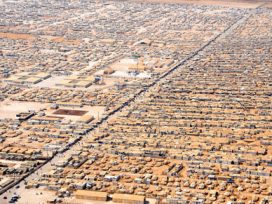
Never have there been more refugees in the world as today: an estimated 45 million in total. So what’s the current relationship between international law, emancipatory politics and the rights of the rightless? Seyla Benhabib on the urgent need to create new political vistas.



